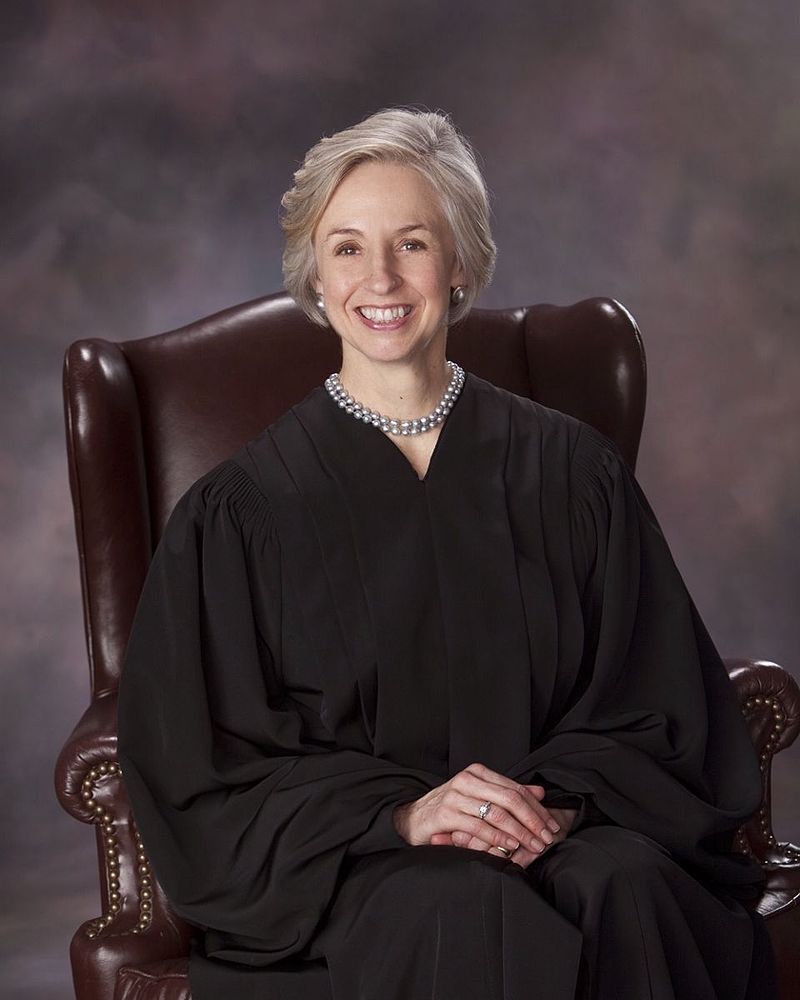Parental privacy panic pays off as judge changes mind
A lawsuit over how the disabled are treated in California schools triggered a parental panic attack after a federal judge ordered that a database with records on every public school student in the Golden State since 2008 be given to a disabled rights group. But this panic attack triggered a public backlash — and now the judge is backing away from her order in an attempt to reduce privacy concerns.
 The contretemps began Feb. 1, when Sacramento-based U.S. District Judge Kimberly Jo Mueller ruled in a long-running case pitting the Morgan Hill Concerned Parents Association vs. the California Department of Education. The association, a small nonprofit run by parents of the disabled, sued the California Department of Education in 2011, contending that public schools do a poor job of evaluating, classifying and educating the disabled. Mueller agreed to allow the association to be given direct access to the state’s primary education database so it could have a data expert analyze the records of the 10 million students in California public schools since Jan. 1, 2008.
The contretemps began Feb. 1, when Sacramento-based U.S. District Judge Kimberly Jo Mueller ruled in a long-running case pitting the Morgan Hill Concerned Parents Association vs. the California Department of Education. The association, a small nonprofit run by parents of the disabled, sued the California Department of Education in 2011, contending that public schools do a poor job of evaluating, classifying and educating the disabled. Mueller agreed to allow the association to be given direct access to the state’s primary education database so it could have a data expert analyze the records of the 10 million students in California public schools since Jan. 1, 2008.
Mueller’s nod to privacy concerns: Parents who wanted to opt their children out were given until April 1 to print out a form on a state website and mail it to her courtroom. But her ruling wasn’t publicized until Feb. 16, meaning parents only had about six weeks to comply. When it made the news, the idea that in the year 2016 an online opt-out form wasn’t available triggered disbelief — as did the idea that 10 million students’ privacy might be at risk.
“It’s just hard to fathom that a judge would allow such an overexposure of children’s information,” Sherry Skelly Griffith, the executive director of the California State Parent Teacher Association, told USA Today.
Facebook, Twitter and newspaper letters columns filled up with complaints about Mueller’s ruling.
Judge takes shot at accuracy of social media
At an emergency hearing Feb. 29, the judge changed course, ruling that while disability-rights activists could still review the database, it would remain at all times under the control of the state government.
In a court order posted online last week outlining her new finding, Mueller described the process that led to her Feb. 1 decision, suggesting she had done nothing wrong and complaining that the nature of her ruling was being misreported on social media:
The response to the notice thus far demonstrates, on the one hand, the imperfect fit between the [Family Educational Rights and Privacy Act] FERPA regulation crafted in and largely unchanged since the 1970s, before the Internet as we know it was a gleam in any but an academics’ eye, and on the other, the social media environment in which information is churned and transformed in a nanosecond or less. Whatever the exact trajectory of the Notice may have been, within several days of the CDE’s posting of the approved Notice on its website, the opportunity to register an objection was translated variously as encouragement to object lest “all general education and special education student data that CDE has collected since January 1, 2008” be “release[d].”
But the privacy flap might not be over yet. Mueller didn’t change findings in her Feb. 1 ruling that could lead to the Morgan Hill Concerned Parents Association being given unsupervised access to the health and behavioral records of hundreds of thousands of special-education students and to six years of results of the Statewide Testing and Reporting tests given to all students until they were phased out in July 2013 and replaced by another test broadly measuring academic advancement.
This decision prompted sharp criticism from Pam Dixon of the World Privacy Forum, who told the San Jose Mercury-News, “This information should never be released” and that it was “inappropriate” for the state of California to ever provide such a vast amount of private student information to any outside entity.
Mueller, a 58-year-old appointed to the federal bench in 2010 by President Obama, served on the Sacramento City Council from 1987 to 1992, her online biography notes. She left the council to attend Stanford Law School.
Chris Reed
Chris Reed is a regular contributor to Cal Watchdog. Reed is an editorial writer for U-T San Diego. Before joining the U-T in July 2005, he was the opinion-page columns editor and wrote the featured weekly Unspin column for The Orange County Register. Reed was on the national board of the Association of Opinion Page Editors from 2003-2005. From 2000 to 2005, Reed made more than 100 appearances as a featured news analyst on Los Angeles-area National Public Radio affiliate KPCC-FM. From 1990 to 1998, Reed was an editor, metro columnist and film critic at the Inland Valley Daily Bulletin in Ontario. Reed has a political science degree from the University of Hawaii (Hilo campus), where he edited the student newspaper, the Vulcan News, his senior year. He is on Twitter: @chrisreed99.
Related Articles
Los Angeles County the capital of U.S. poverty
The Census Bureau’s 2012 decision to begin releasing an alternative measure of poverty that included cost of living has appeared
Political Predator Should Resign
Katy Grimes: It’s difficult to ignore the strange and creepy saga of Democratic Rep. Anthony Wiener from New York –
Little Hoover, big report
Here’s a riddle: When is a well-written, thoroughly researched, eminently rational analysis of the state’s aging, hideously expensive infrastructure completely



